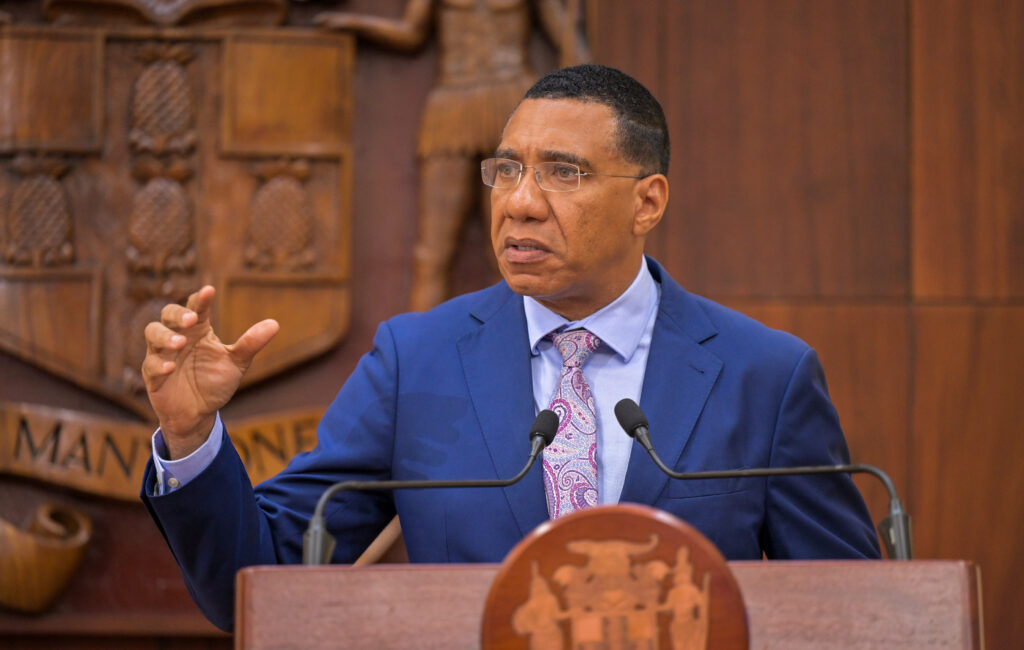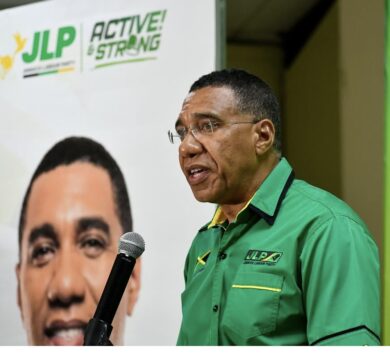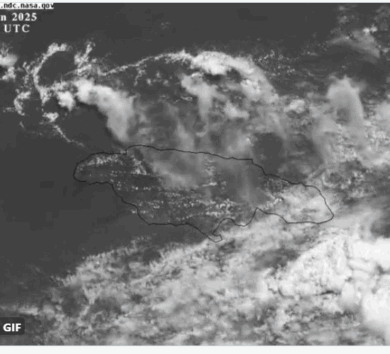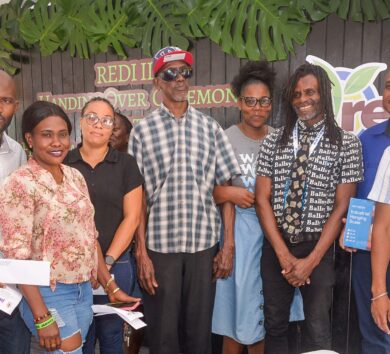

Prime Minister Andrew Holness said his government recognises the threat illegal guns pose to national security and that his administration has made controlling the illicit flow of weapons a major pillar of Plan Secure Jamaica.
Holness has indicated plans to pool greater capital investments in detection capabilities, alongside stronger cooperation with partners to secure illegal guns.
Holness expressed plans to pool greater capital investments in detection capabilities, in addition to stronger cooperation with partners to secure illegal guns.
“The seizure of 233 illegal firearms and over 40,000 rounds of ammunition—the single-largest weapon find in Jamaica to date—rightly draws attention to the rampant nature of weapons trafficking in the region. This amount of weaponry is enough to arm a small military formation. Why would anyone want to traffic this many weapons into Jamaica?” Holness said while detailing that it was surely not intended for the security forces or the country’s protection.
He expressed concern that the effort criminals take to acquire guns poses a tremendous risk to the safety and security of Jamaicans. “The magnitude of resources and connections needed to acquire these weapons and the level of intelligence and organisation involved in transporting them transnationally speak to existential threats to the Jamaican state. There are people in our society who profit from murder, violence, and a weak security apparatus, and guns give them the power,” Holness added.

The prime minister detailed that earlier this month, the United States Supreme Court delivered a unanimous judgment, dismissing Mexico’s US$10 billion lawsuit against American gun manufacturers.
“Mexico’s legal challenge, unprecedented in its scope, sought to hold these companies accountable for the steady and deliberate flow of deadly weapons across its border—firearms that have fuelled violence, criminal impunity, and the ongoing destabilisation of their country.
“The court’s ruling, citing federal protections that shield the gun industry from liability, likely closes one avenue that Mexico and other Latin American and Caribbean nations—Jamaica included—sought to influence the United States to do more to stem the flow of illicit arms throughout the region. The outcome is neither surprising nor is it the end of the road. Lasting solutions to the problem of illicit arms trafficking will come through collaboration, not litigation. Therefore, the Supreme Court’s decision does not impede progress, he continued.
Holness expressed that the Supreme Court’s decision reinforces the importance of working within the framework of bilateral relationships, using law enforcement cooperation, policy dialogue, and legislative engagement as the pillars of collective security.
“Of the vast majority of firearms trafficked into Jamaica, around 85 per cent of weapons seized in 2023 come via the United States, and they are used by local criminal groups to perpetuate violence, hollow out our communities, and challenge our security forces. These include high-powered rifles, military-grade pistols, and extended-magazine clips with ammunition, which are the preferred tools of contract killers, gang lords, and criminal networks who undermine the sovereignty of our nation every day.”
Holness highlighted that some of these weapons are smuggled directly onto the shores on boats from third countries, such as Haiti and Nicaragua, but the majority are smuggled through legal freight channels directly from ports such as Miami. He also said that tracing of these firearms often reveals that they were originally legal purchases—from gun stores in US states such as Florida, Georgia, and Texas—diverted to illegal channels.
“Jamaica respects the sovereignty of the US and its constitutional commitments. The issue at hand is not the lawful manufacture or ownership of firearms in the United States; it is the illegal diversion of those weapons into our territory. Reducing the flow of illegal firearms is critical to our national security, but it is also a collective security imperative for the region,” Holness said.






Comments